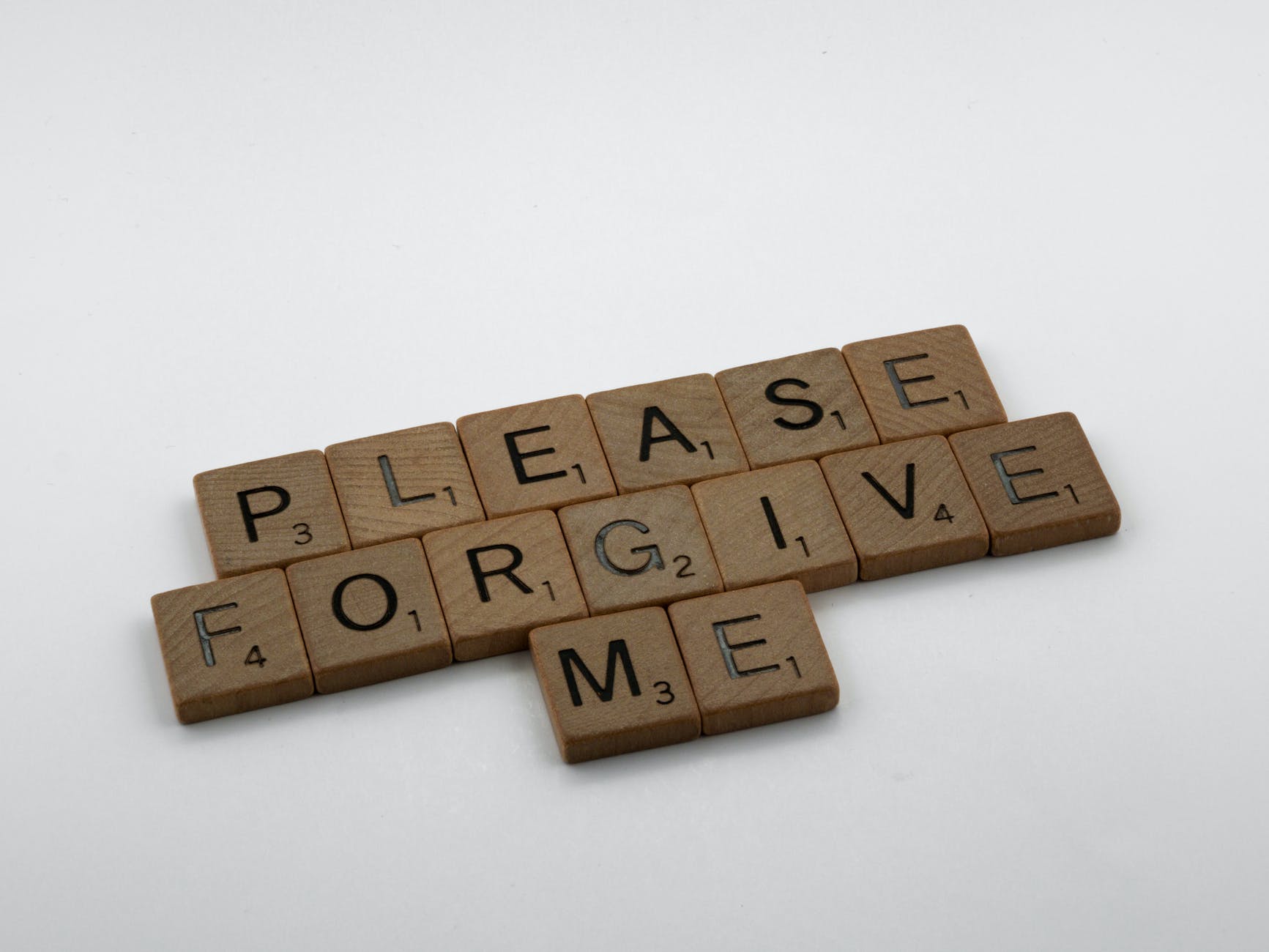Taoism (also spelled and pronounced as Daoism) is a Chinese philosophy and religious tradition that emphasizes living in harmony with the Tao (Dao), or “the way”, by following natural laws and living in a simple and unassuming manner. One of the key principles of Taoism (Daoism) is the idea of forgiveness, both for oneself and for others. We, being Tina and Neil, prefer the usage of the word Dao, so we will be using that for the rest of the article.
In order to learn to forgive oneself in a Daoist style, it is important to first understand the concept of the Dao. According to Daoism, the Dao is the ultimate reality and the source of all things. It is the natural order of the universe, and it is the ultimate guide for human behavior. The Dao is not something that can be fully understood or explained, but it can be experienced and followed.
In order to live in harmony with the Dao, one must learn to let go of attachments and judgments. This includes attachments and judgments towards oneself. Self-forgiveness is an important aspect of this process. It is about letting go of past mistakes and learning to accept oneself as a part of the natural flow of the universe.
One way to begin learning to forgive oneself in a Daoist style is through meditation and mindfulness. By quieting the mind and focusing on the present moment, one can begin to let go of past regrets and negative thoughts about oneself. It is important to remember that mistakes and failures are a natural part of life, and it is through these experiences that we learn and grow. By accepting this and not dwelling on past mistakes, one can begin to let go of negative feelings towards oneself and practice self-forgiveness.
Another way to practice self-forgiveness in a Daoist style is through self-reflection and introspection. By examining one’s actions and motives, and understanding the causes and conditions that led to them, one can begin to understand and accept the reasons behind their mistakes. This can help to release feelings of guilt and remorse and instead replace them with a sense of understanding and compassion.
Another way to practice self-forgiveness in a Daoist style is through the practice of non-attachment. In Daoism, attachment to material possessions and external validation is seen as a source of suffering. By learning to let go of attachments and desires, one can begin to let go of negative feelings towards oneself and instead find peace and contentment within oneself.
In addition, it is important to remember that forgiveness is not about forgetting or excusing past mistakes, but about understanding and accepting them. It is about recognizing that mistakes are a natural part of life and that by learning from them, one can grow and become a better person.
Daoism also emphasizes the importance of forgiveness toward others. In order to live in harmony with the Dao, one must learn to let go of anger and resentment toward others. This can be difficult, but by understanding that everyone is doing the best they can with the knowledge and understanding they have at the moment, one can begin to let go of negative feelings towards others and instead practice forgiveness.
In conclusion, learning to forgive oneself in a Daoist style is about understanding and accepting past mistakes, living in the present moment, and letting go of attachments and judgments. It is about finding peace and contentment within oneself and living in harmony with the natural flow of the universe. Through meditation, self-reflection, non-attachment, and forgiveness toward others, one can begin to practice self-forgiveness and live in harmony with the Dao.




